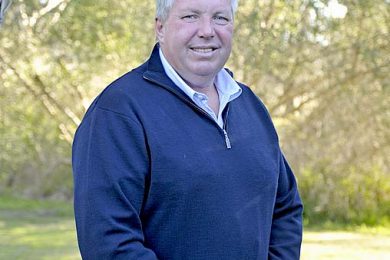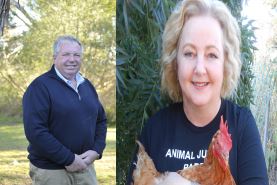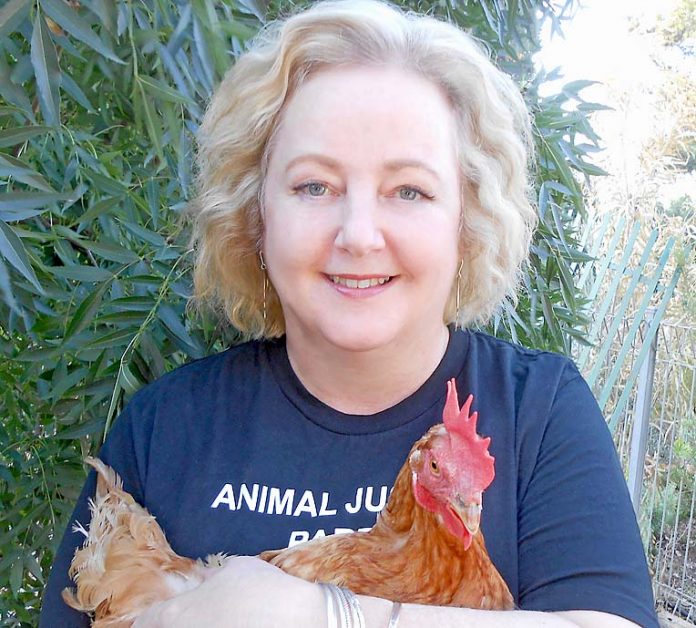
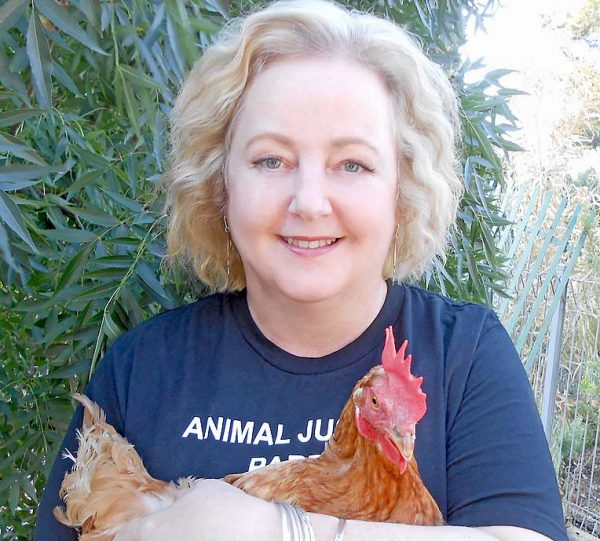
TWO more names have been added to the Barker ballot with the National Party and the Animal Justice Party confirming their candidates for the May 18 election.
Keith farmer and Tatiara District councillor Miles Hannemann has been endorsed by the National Party, while the Animal Justice Party has named Murray Bridge councillor Karen Eckermann as its candidate.
The pair join a growing list of candidates vying for the seat, including sitting Liberal member Tony Pasin, United Australia Party’s Rupert Bacher, Greens’ Rosa Hill and Centre Alliance’s Kelly Gladigau.
Labor is yet to announce a candidate, with sources saying a decision will be made this week.
After months of speculation, Prime Minister Scott Morrison yesterday announced May 18 as the election date, sending voters to the polls in 36 days.
Mr Pasin, a member of the second-term incumbent minority Coalition, will attempt to win a third three-year term to represent the 63,886 square kilometre rural electorate.
The recent announcement of Mr Hannemann and Ms Eckermann extends the field of contenders out to seven, less than two weeks before nomination closes on April 23.
Mr Hannemann contested the sprawling regional seat for the Nationals at the 2013 election, coming sixth in a field of seven candidates behind then newcomer Tony Pasin.
He highlighted interests in community and regional development, bridging the divide between the country and city and addressing skills shortages as particular interests.
“I have four boys and I want to create opportunities for them in our communities, here in Barker,” Mr Hannemann said.
“We need to provide secure local jobs and bring people back to our regions so we can secure our way of life for future generations.”
“We have a strong story to tell, lower cost of living, affordable housing, cheaper industrial land, fantastic amenities and ideal locations to raise families.”
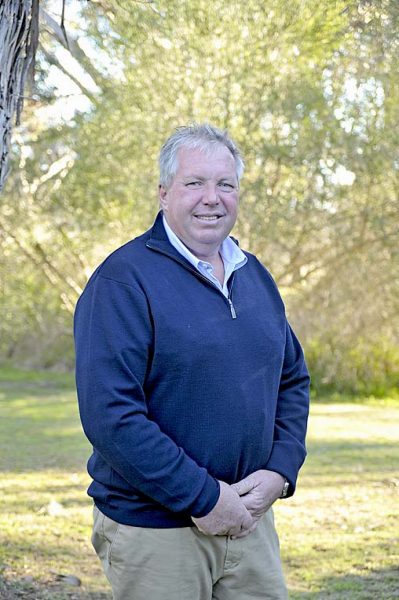
“I believe in regional development and I want to make sure we are not just talking about economic development but the social and cultural development that needs to occur alongside.”
Mr Hannemann said while further investment into roads and better transport was needed, building strong and resilient communities should also receive a heightened focus.
“I am focused on investing more into regional education so the kids do not have to leave town and providing the services our communities need without it meaning a two to five hour drive to the city,” he said.
Meanwhile, the Animal Justice Party will have its first tilt at Barker with Ms Eckermann contesting the seat.
Ms Eckermann is a founding member of the Animal Justice Party in South Australia, which was formed as a response to growing public concern about the neglect of animals and animal protection issues by political parties.
She said she aimed to provide voters frustrated by the lack of political action around the well-being of animals with a viable alternative option.
“We wish to represent the voiceless and vulnerable in our societies,” she said.
“We respect the well-being of animals alongside that of humans, societies, economies and environments.”
Ms Eckermann has been involved in local companion animal and wildlife groups, but cites her main passion as improving the treatment of farm animals.
She said battery hens, intensive poultry sheds and ending live animal export were among her priorities.
“People are sick of seeing cruelty and suffering and abhor practices such as live animal export and intensive factory farms,” Ms Eckermann said.
“There is a need for laws and processes which recognise animals’ needs and capabilities and protects their interests, whether they are domestic, farmed or wild.”



